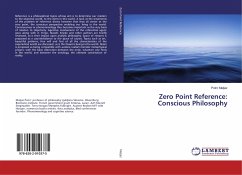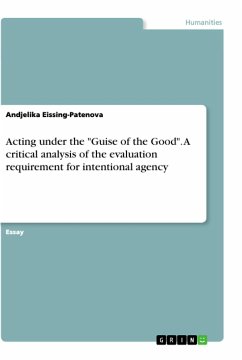
Structure and Agency
The Impact of Structure on Group Agents
Versandkostenfrei!
Versandfertig in 6-10 Tagen
52,99 €
inkl. MwSt.

PAYBACK Punkte
26 °P sammeln!
Groups rely upon the actions of persons to sustain their existence, but to what extent is the agency of the group depend upon the persons themselves? That is to say, to what extent can groups of persons be said to act in ways that cannot be descriptively reduced to the actions of the set of its members? How we understand collectives to act, and how we understand their possibilities for action, is connected to two related yet divergent sets of principles. First, our concept of collective action is dependent upon the metaphysical ideas underlying our conceptualization of groups, their capacity f...
Groups rely upon the actions of persons to sustain their existence, but to what extent is the agency of the group depend upon the persons themselves? That is to say, to what extent can groups of persons be said to act in ways that cannot be descriptively reduced to the actions of the set of its members? How we understand collectives to act, and how we understand their possibilities for action, is connected to two related yet divergent sets of principles. First, our concept of collective action is dependent upon the metaphysical ideas underlying our conceptualization of groups, their capacity for reasoning, and their possibility to form intentions as reasons for action. Second, our understanding of collective action undergirds how the law treats collective behavior, how we think about individual and collective responsibility, and how models in disciplines such as economics, political science, and management theory explain and predict collective behavior. This project brings the two into conversation, and argues for the possibility that some groups, given the proper structural constraints, could have the capacity to be moral agents.












